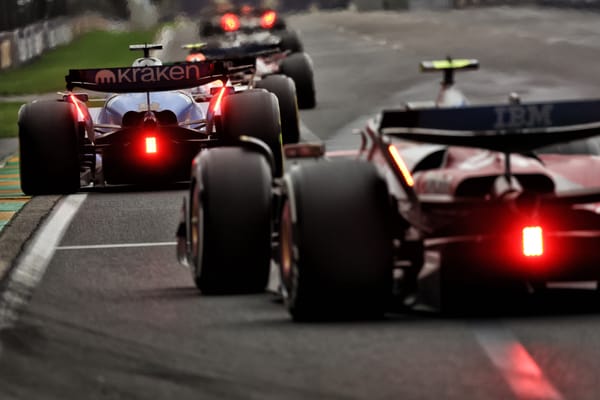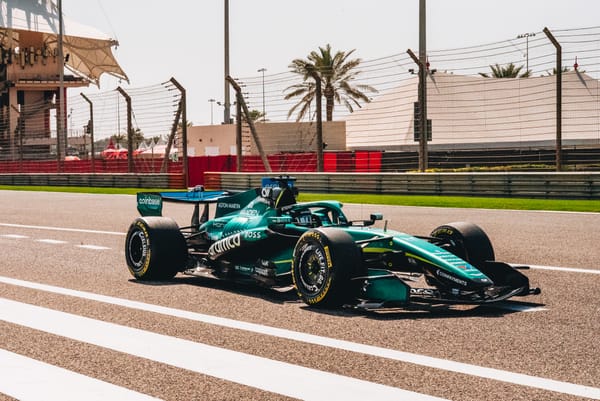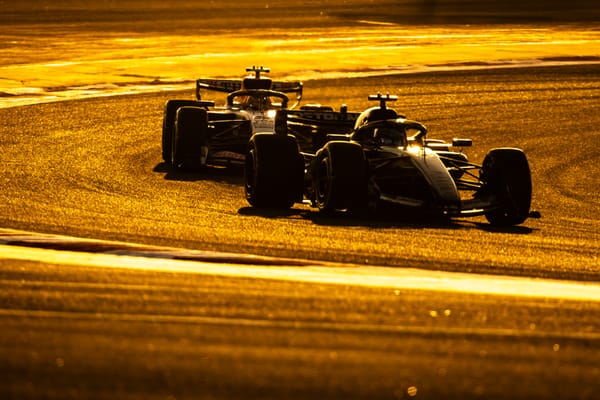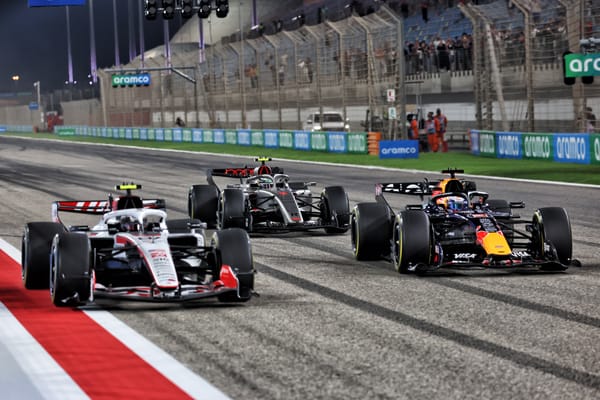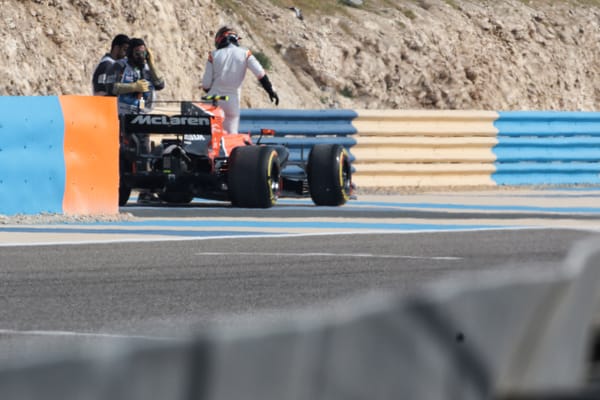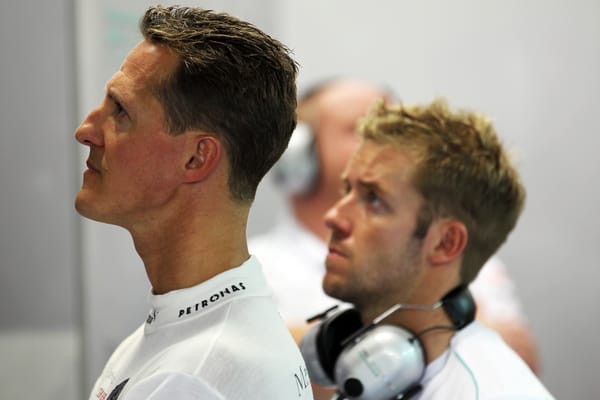'Unnecessary and poorly chosen' - New driver backlash against F1 team radio
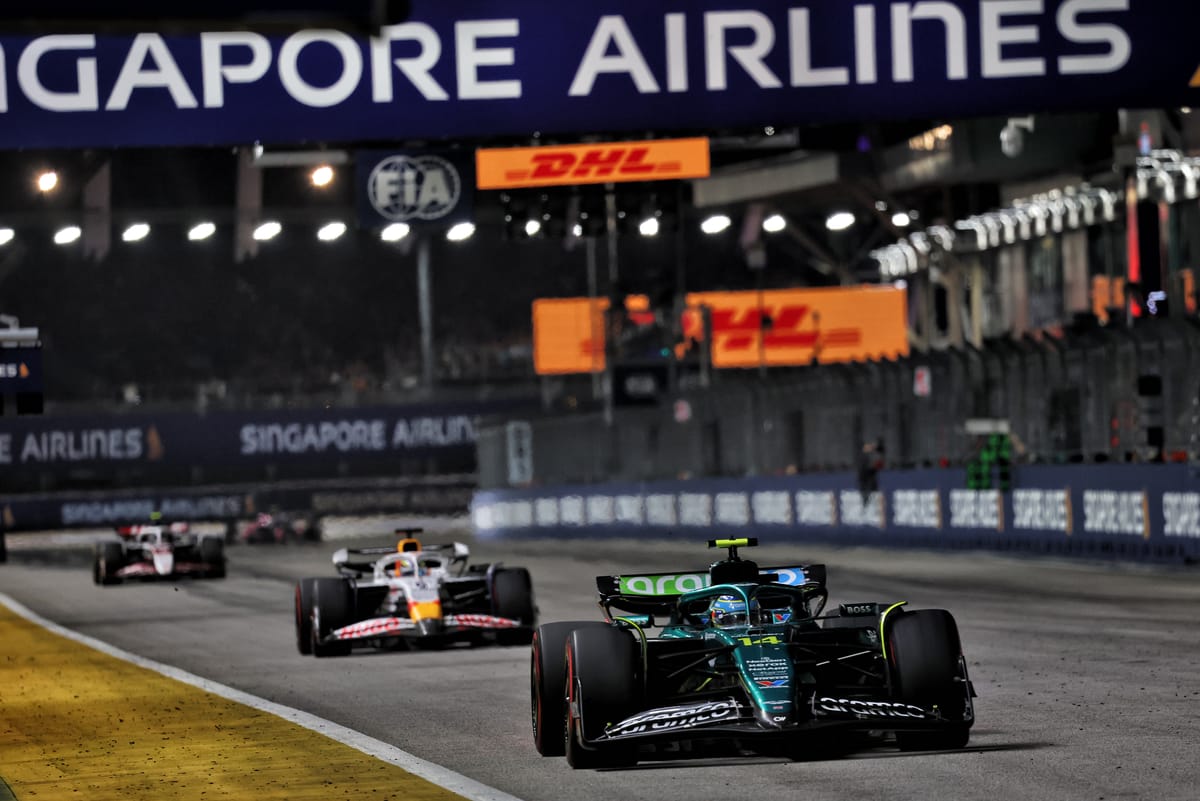
The team radio that Formula 1 broadcasts is too often "unnecessary and poorly chosen", according to the likes of two-time world champion Fernando Alonso.
Alonso poked fun at F1's team radio broadcasts after the Singapore Grand Prix, where many of his in-race comments were broadcast.
Those included Alonso sarcastically suggesting Isack Hadjar should get a "trophy for the hero of [the] race" for his aggressive defence against Alonso while nursing an engine issue. Earlier in the race, Alonso had told his engineer, "if you speak to me every lap, I will disconnect the radio".
And while it wasn't broadcast at the time, his post-race radio rant of "f***ing hell mate, I cannot believe it. I cannot f***ing believe it, I cannot f***ing believe it. I mean I cannot f***ing believe it. I cannot f***ing believe it. Is it safe to drive with no brakes?" quickly appeared on social media after the race, with Alonso furious with Lewis Hamilton's ailing Ferrari in front of him and his liberal definition of track limits.
Asked about it at Austin on Thursday, Alonso described the broadcast team radio as "Unnecessary sometimes, poorly broadcast and chosen by the one choosing which radios to broadcast.
"[It's] misunderstood 99.9% of the time because they are private conversations with your engineer or your team that maybe you went through on Sunday morning at the strategy meeting. What happens if we come out of the pitstop with this scenario or what happens if lap one, we overtake two cars or lose two positions or whatever .So you have alternative plans on the strategy.
"When you only broadcast only one sentence, it's impossible to understand from home the repercussions it has.
"Sometimes, when the radio broadcast is the protagonist of the race that also is very sad that the race was so poor in terms of entertainment.
"So that's something we need to improve, all as a group in the sport."
The Race says
Alonso's too good to censor
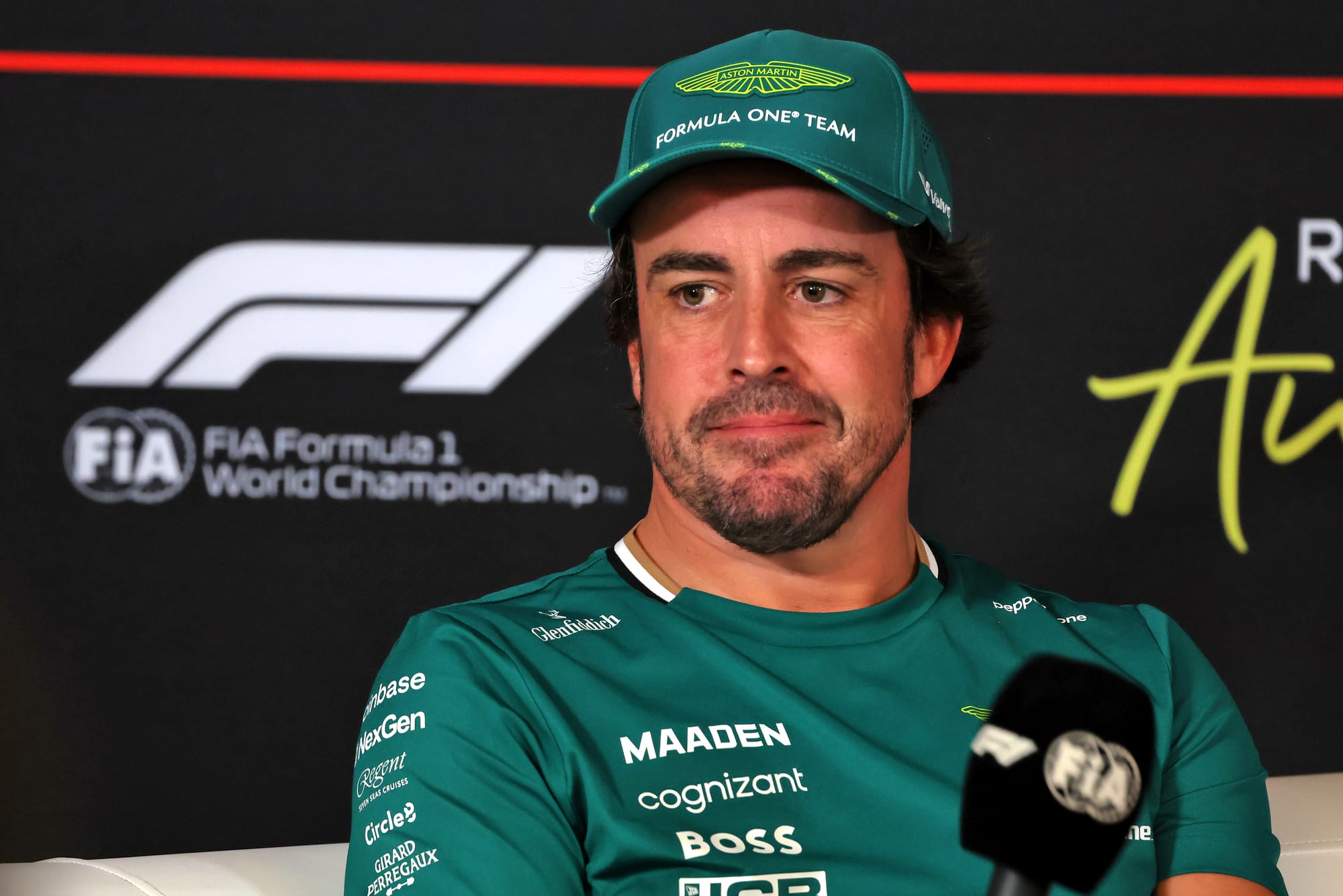
Unfortunately for Alonso, he's probably the single best argument for F1 broadcasting as much team radio gold as possible, rather than censoring it. For it was Alonso who provided much of the gold from Sunday in Singapore.
He's right. There is something a bit 'sad' about Alonso's Hadjar jibe or sweary Hamilton rant being more memorable than much of the actual racing, but thank goodness he provided it, and thank goodness F1 chose to broadcast it.
In this day and age, most radio transmissions are going to be picked up by those watching on F1TV anyway and soon spread far and wide across social media, so why should the main race broadcast miss out on that?
In fact, some of the best content F1's broadcast team has produced are the radio recaps - even extending to putting on a whole new layer onto classic races, such as Malaysia 2001.
As long as the in-race broadcasts have a sensible amount of context and commentators regularly remind viewers that it's only a snippet of a conversation, I really don't see the problem.
It's understandable why drivers don't like it, but F1 would be doing itself a massive disservice if it started censoring itself more.
An 'age-old' problem
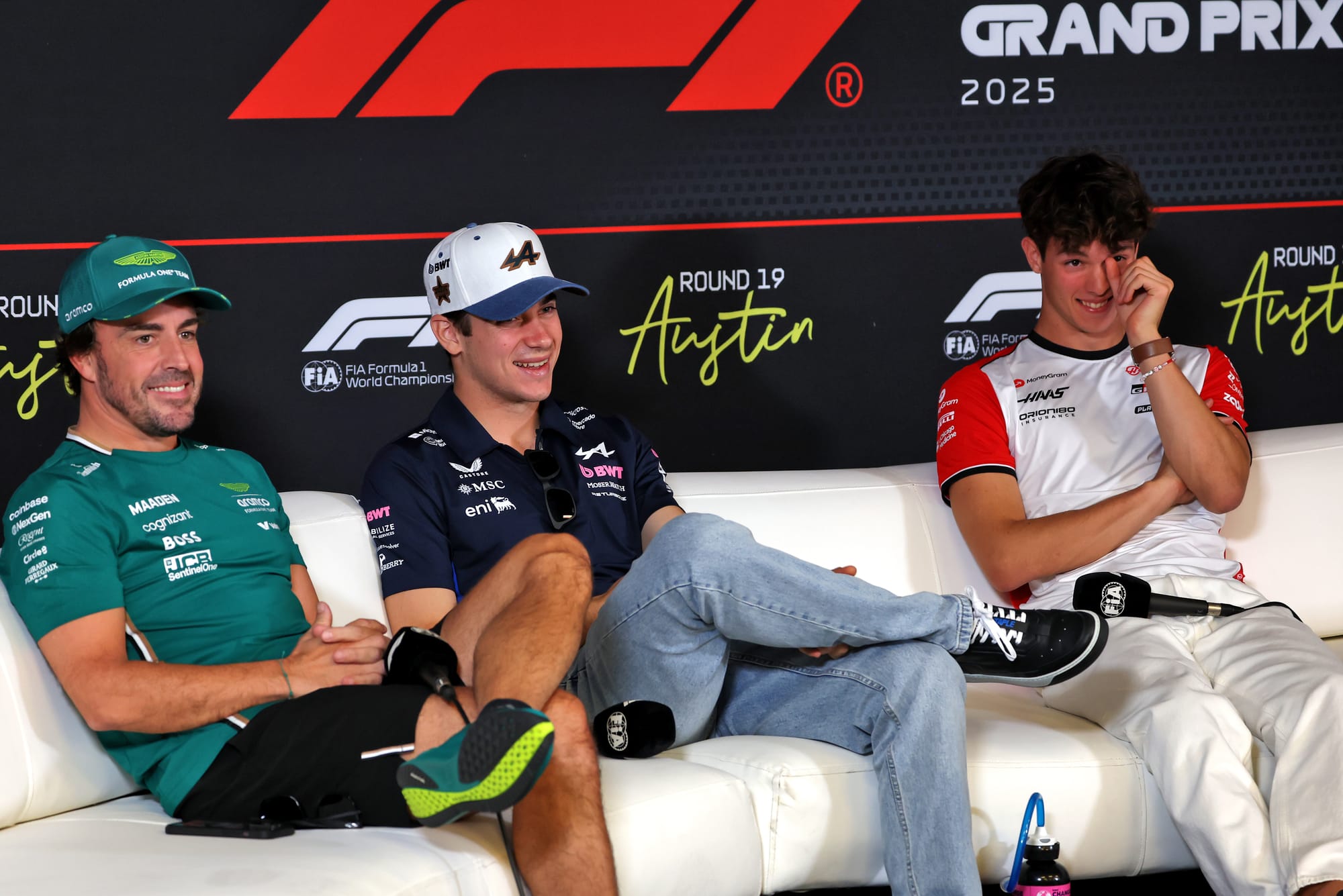
Alonso received support from his fellow Austin Thursday press conference participants - Ollie Bearman and Franco Colapinto.
"I don't think it's ideal," Bearman said.
"It's the age-old thing, I think if a footballer or other sportsman had a mic on, and were broadcast, the view would be very different. It's tough.
"We can not open the microphone and say it in our head but with the amount of adrenaline and pressure we're under in this sport, when you open the radio and you want to share your frustration or your feelings with your engineer, you're not thinking about the other people and the whole population of the world that could potentially hear it.
"It's a shame it's broadcast; for me, it should be cracked down a little bit."
Colapinto believes it's an example of an extra challenge that F1 drivers have versus athletes from other sports.
"It's a sport that has very different things compared to other sports. Two minutes before we jump in the car, we are with fans, with people. We're not fully focused on what we have to do," Colapinto said.
"Any other sports, tennis, football, any other sport, they are fully focused with their team, two hours before, they don't see anyone. They're fully focused on what they have to do next [but] we have many things, external stuff that we have today, the radio is one of them.
"To get the chance…for it to be open to all the world, everyone being able to listen to what we say, sometimes it's tough."


